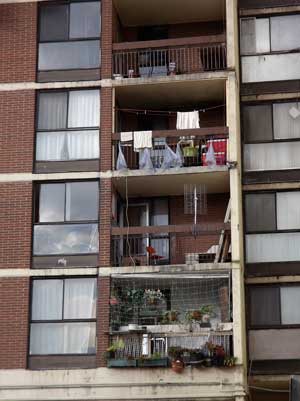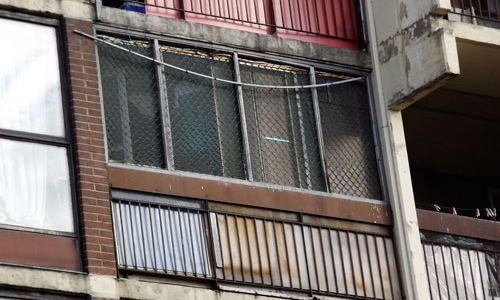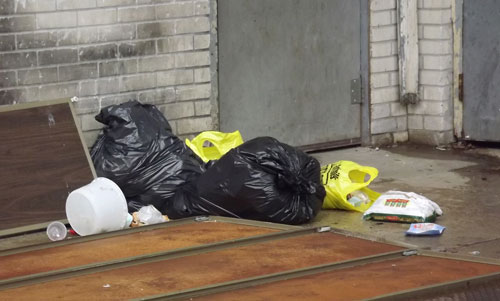There are several economic theories that study the dilemma of the shirking of common responsibility in favour of private gain. They include:
Tragedy of the commons
In economics, the Tragedy of the Commons (such as the condo's common elements) is the deterioration of shared resources by individuals, acting independently and rationally according to each one's self-interest, despite their knowing that depleting the common elements is contrary to their long-term best interests.


